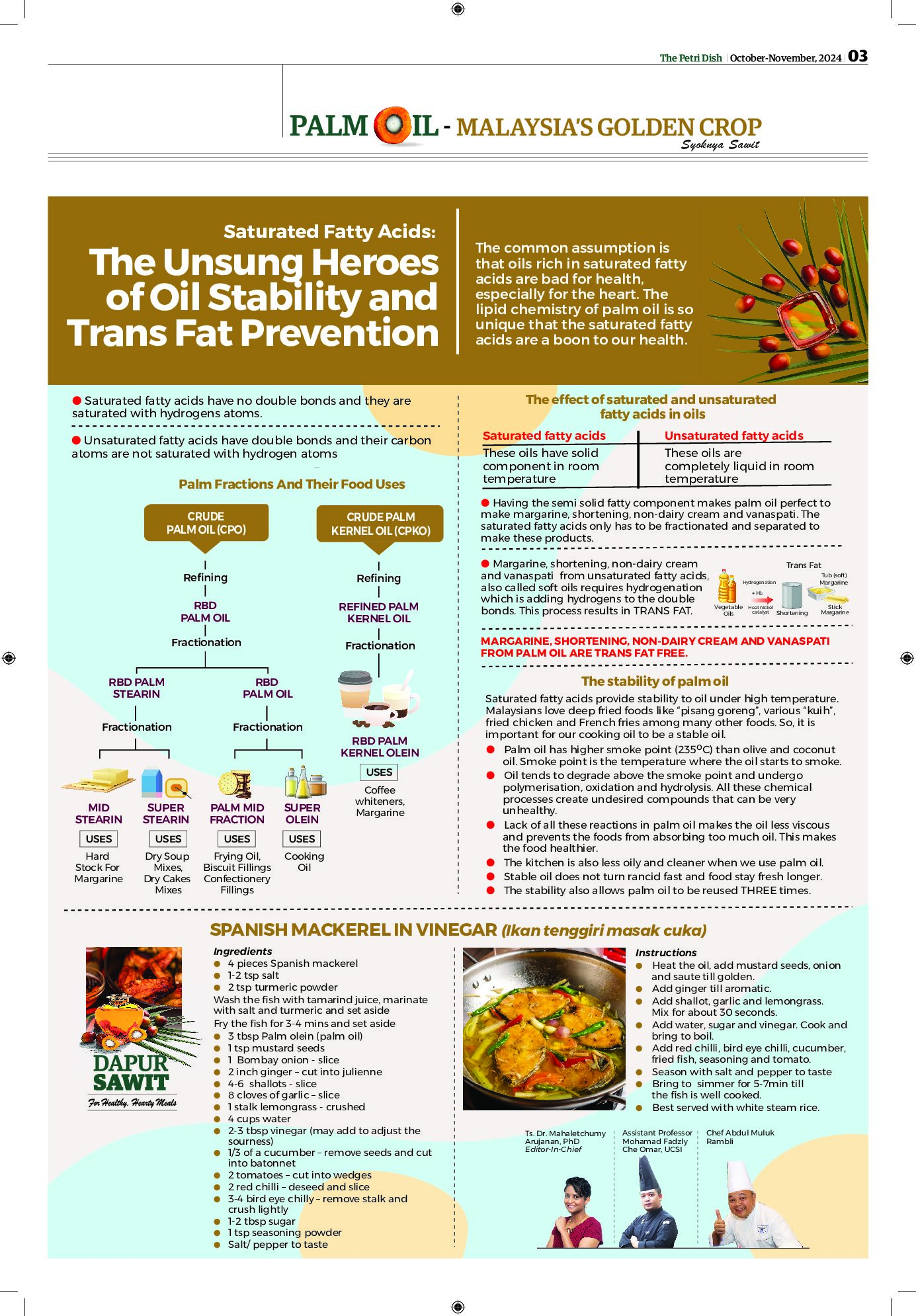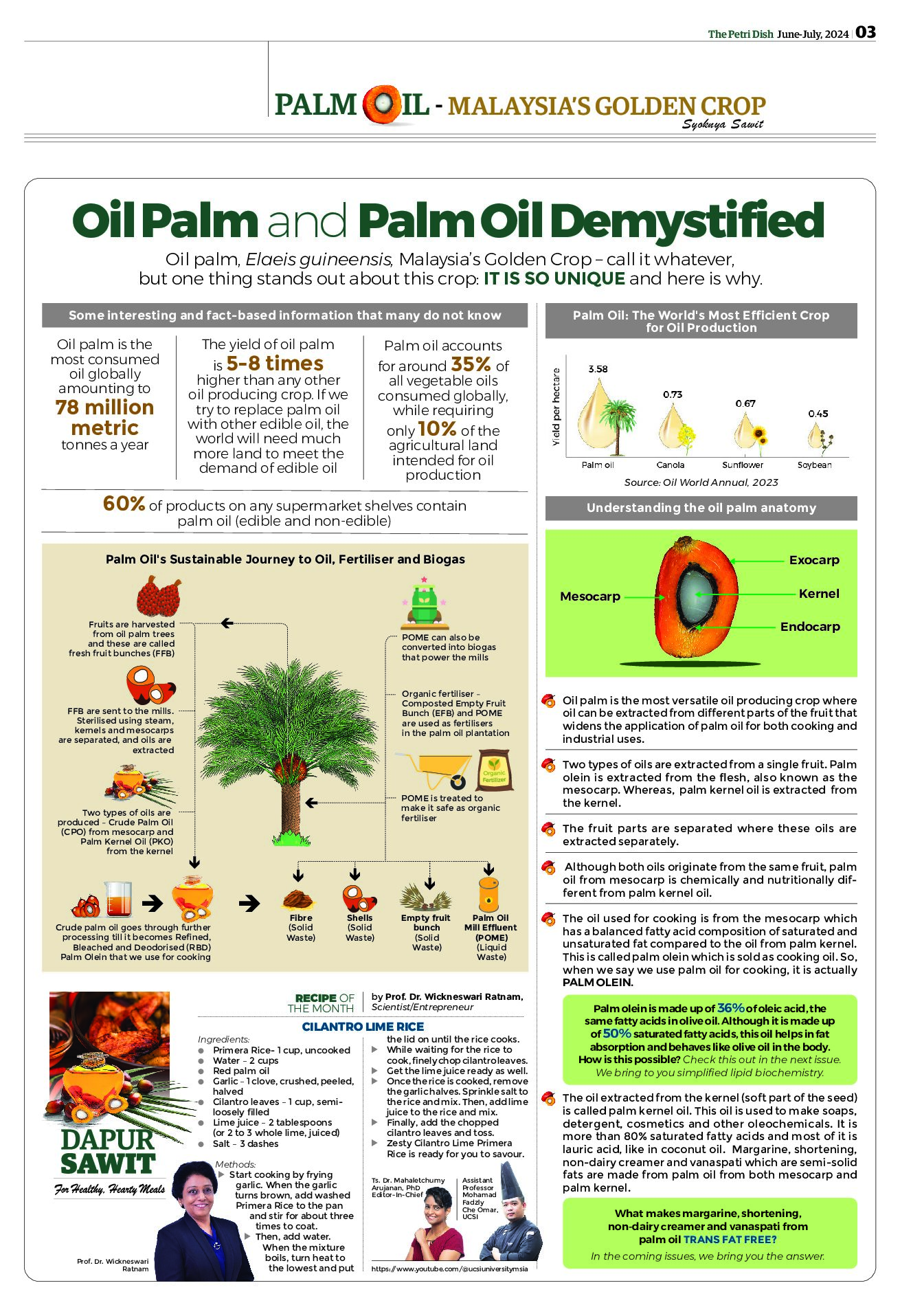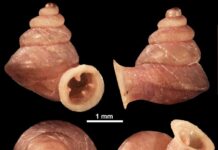SCIENTISTS have discovered that triclosan, an antimicrobial additive found in thousands of consumer products, causes colon inflammation and exacerbates colon cancer in mice.
Their sobering results suggest that health authorities may want to investigate if they should reassess regulatory policies regarding the usage of this common ingredient. Triclosan is found in more than 2,000 consumer products ranging from toothpaste to cosmetics and toys, and is so widespread that the
entire U.S. population is exposed to it at some point in their life.
Research has suggested that triclosan can have toxic effects at high doses, but the health effects of lower concentrations that a person might be exposed to remain unclear. Here, Haixia Yang and colleagues fed mice with food containing various concentrations of triclosan for three weeks.
They found that mice treated with a concentration of triclosan that reflects the concentrations reported in human blood samples displayed more systemic and colonic inflammation compared to control animals.
Furthermore, triclosan exposure increased the severity of colon inflammation in mouse models of inflammatory bowel disease (IBD) – an effect that persisted even when low doses of the chemical were administered.
Triclosan treatment also increased tumor size and reduced survival in a separate group of rodents with colon cancer. Interestingly, triclosan reduced the diversity of commensal bacteria in the gut of mice, and germ-free mice were protected from the harmful effects, suggesting its pro-inflammatory actions may arise due to alteration of the gut microbiome.

















